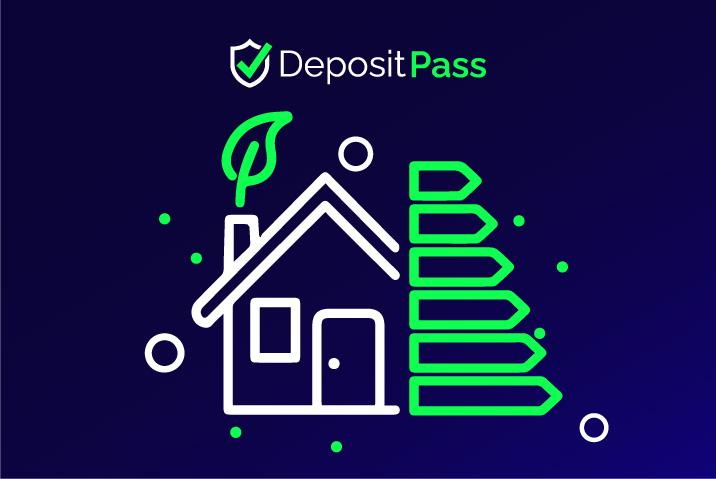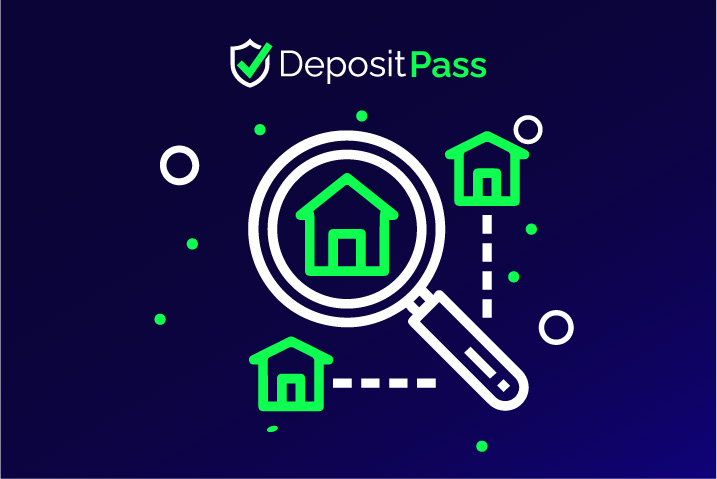As autumn arrives and temperatures begin to drop, energy efficiency in rental properties becomes a top concern for landlords and tenants alike. Rising energy costs and colder weather mean that preparing homes to retain heat is not only essential for comfort but also for affordability.
Why Energy Efficiency Matters
For landlords, energy efficiency isn’t just about reducing utility bills—it’s also about protecting your property from issues like damp, condensation, and frozen pipes. For tenants, it can mean the difference between an affordable home and financial strain during the colder months. With government targets requiring higher Energy Performance Certificate (EPC) ratings in the coming years, improving efficiency is also a long-term investment.
Simple Tips to Improve Energy Efficiency in Rental Properties
- Draught-proof doors and windows: Adding draft excluders and sealing frames can cut heat loss significantly.
- Check insulation: Lofts, walls, and hot water tanks should be properly insulated to keep the home warmer for longer.
- Upgrade to LED lighting: Energy-efficient bulbs reduce costs and last longer, benefitting both tenants and landlords.
- Service boilers and heating systems: Regular checks ensure efficiency and help prevent costly breakdowns in the middle of winter.
- Encourage smart energy use: Installing smart meters and thermostats gives tenants greater control over their energy consumption.
How DepositPass Fits In
With traditional deposits, tenants often struggle to balance upfront costs with seasonal expenses like higher energy bills. DepositPass offers an alternative by allowing tenants to secure their rental without locking away thousands in a cash deposit. This frees up funds that can go toward making homes more energy-efficient, covering bills, or simply easing the financial burden of the colder months.
Final Thoughts
As autumn sets in, focusing on energy efficiency in rental properties benefits everyone, landlords protect their assets, tenants save on bills, and both enjoy a more comfortable home. With DepositPass helping to reduce financial pressures, renters and landlords can work together to create safer, warmer, and more efficient homes this season.


